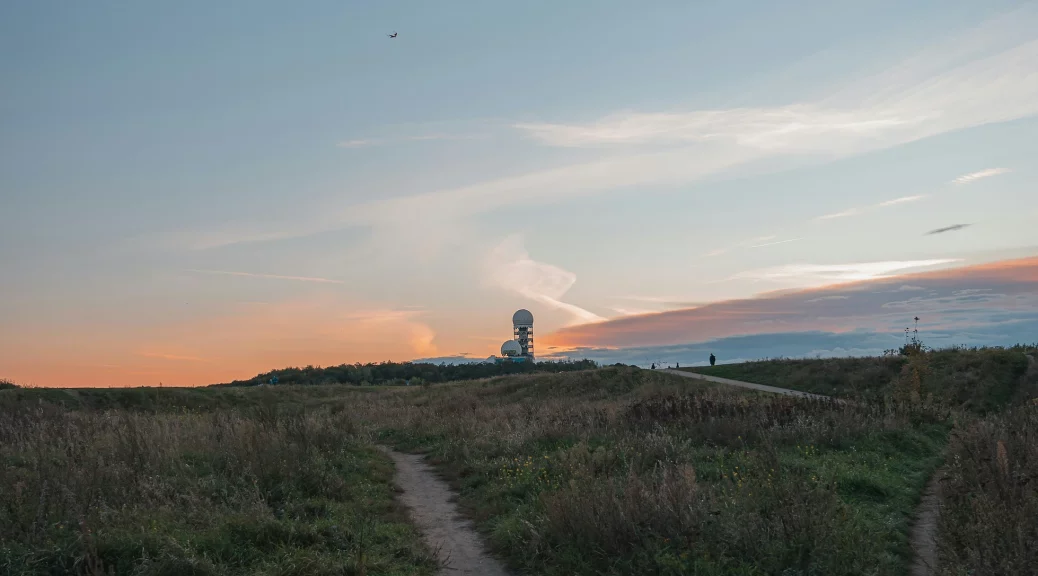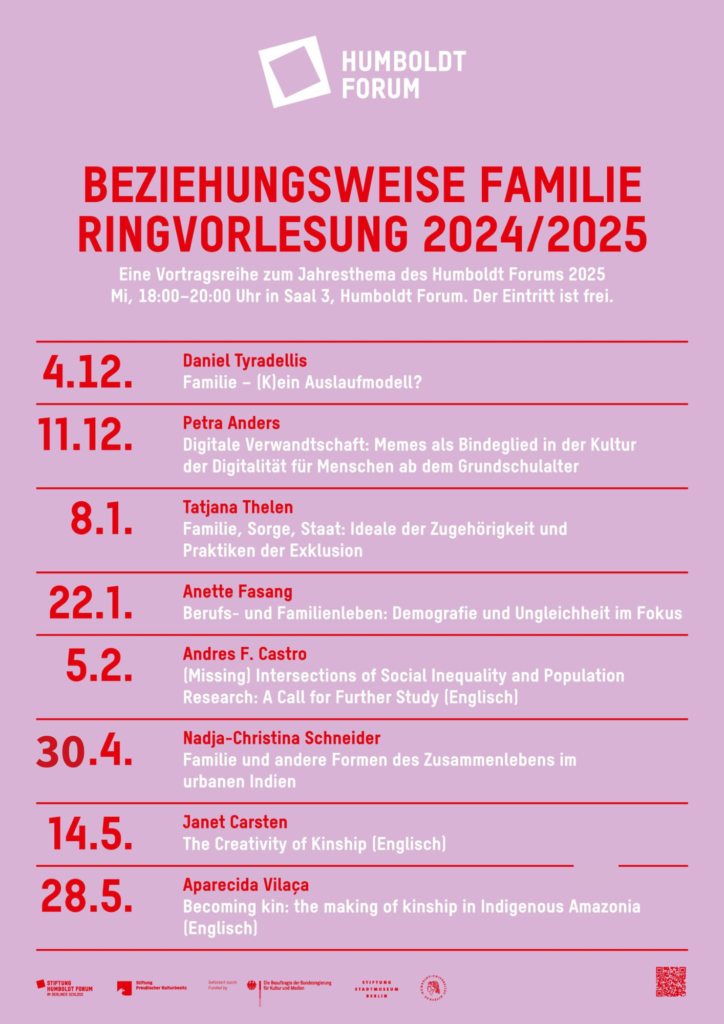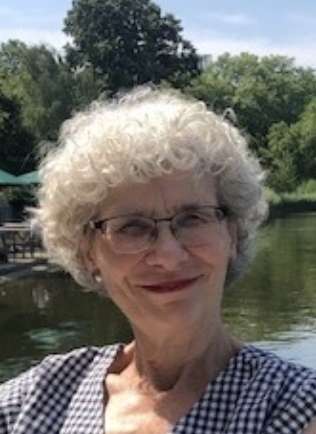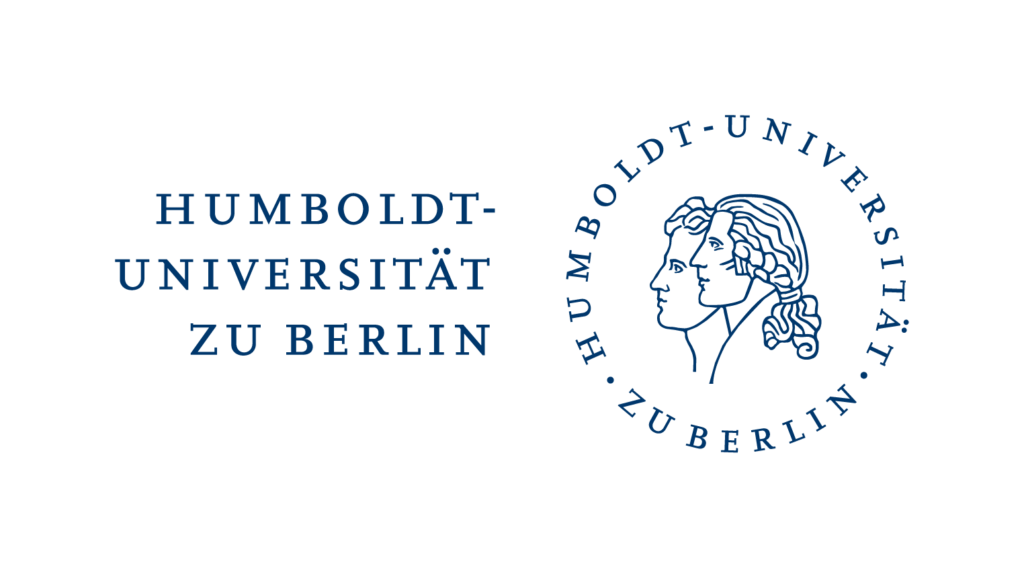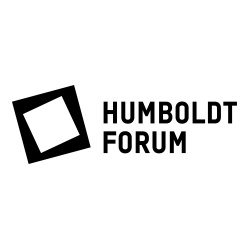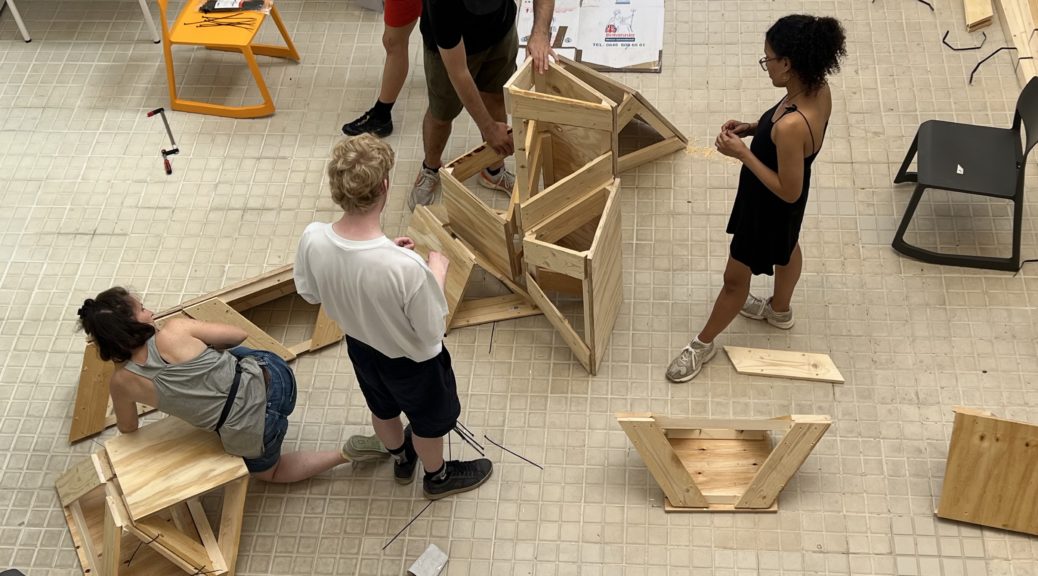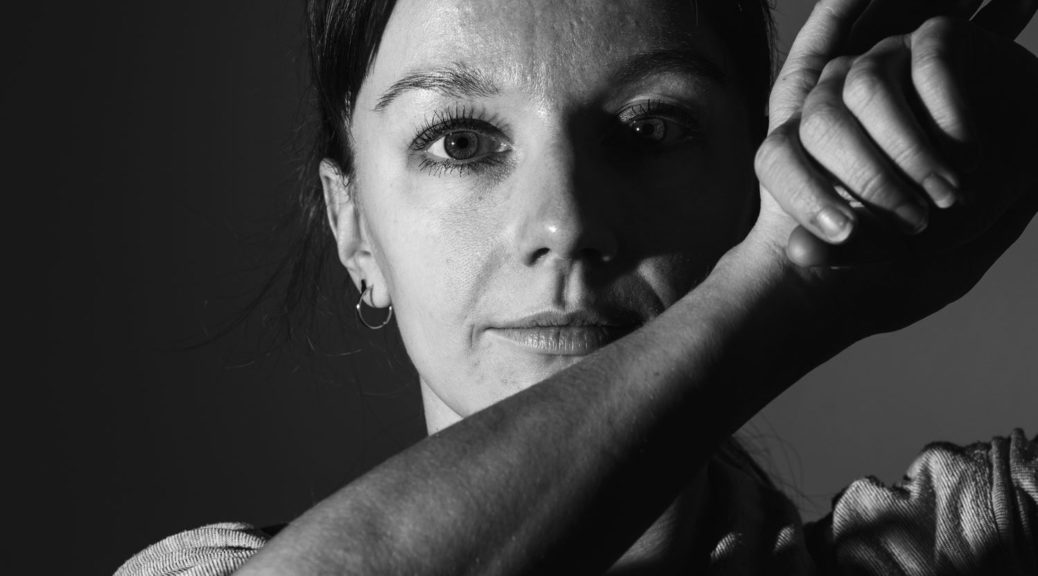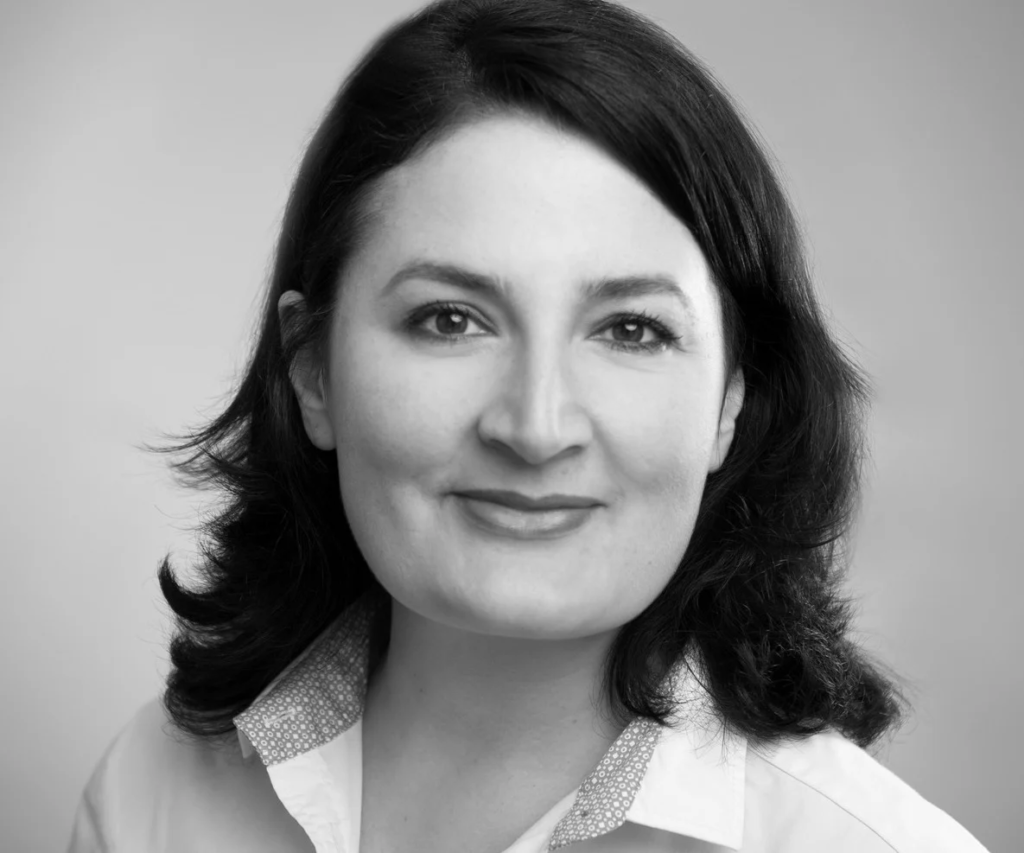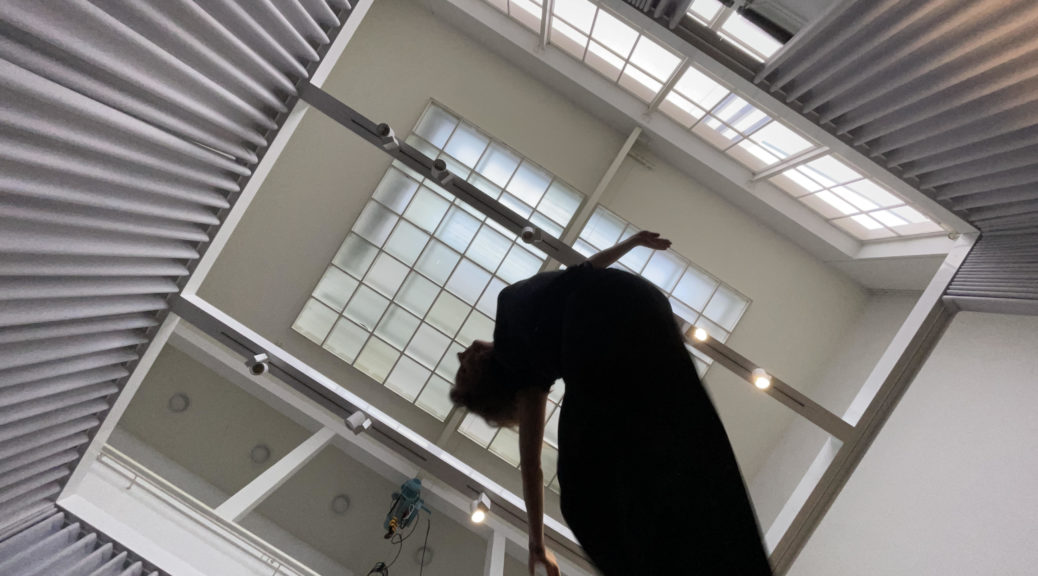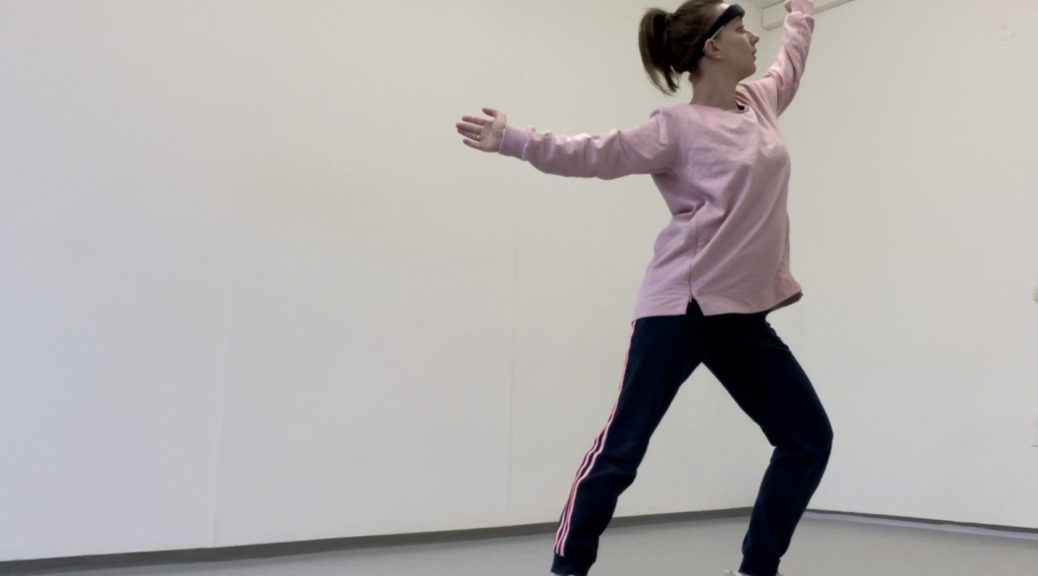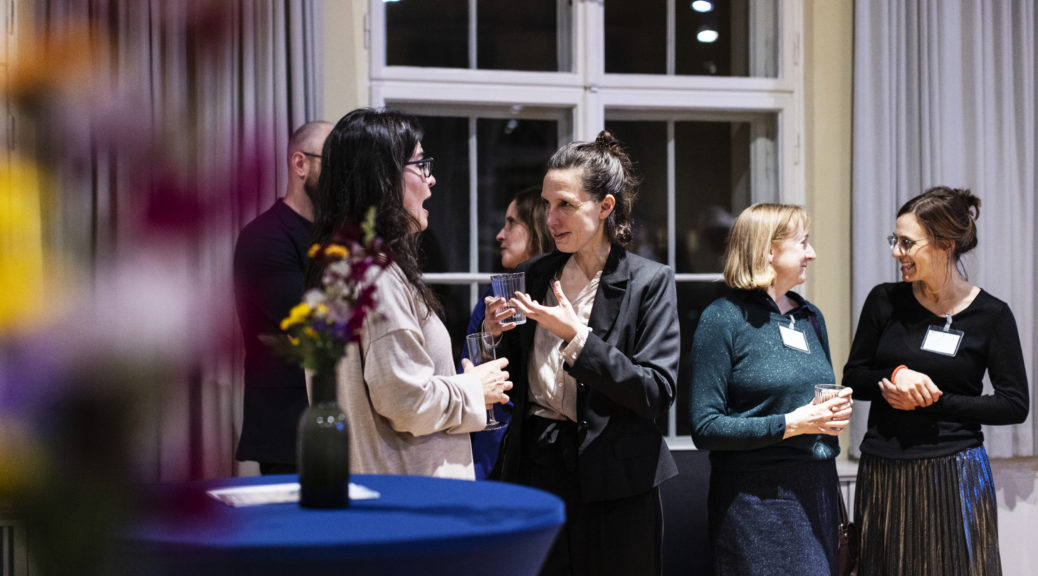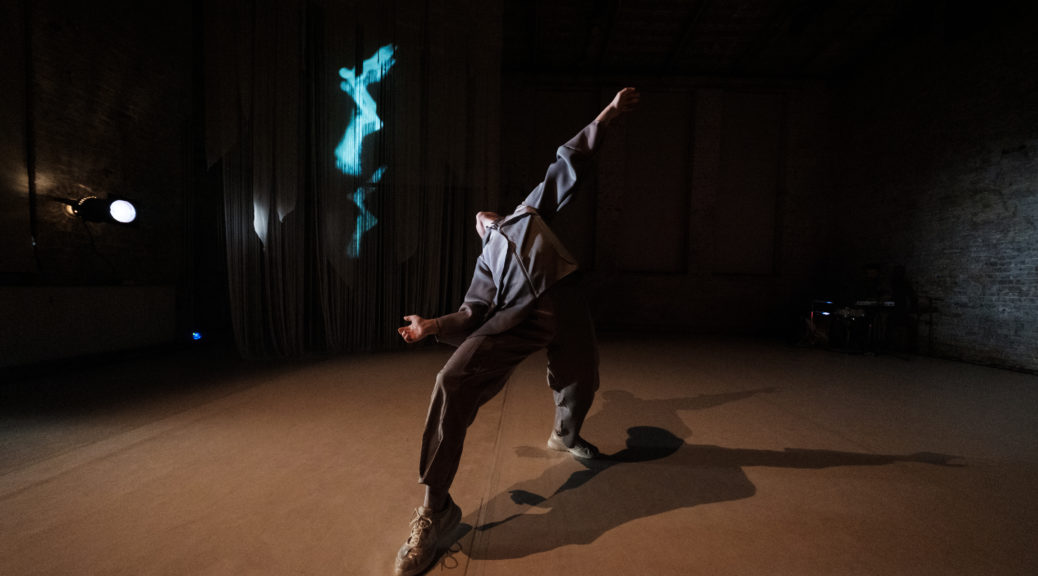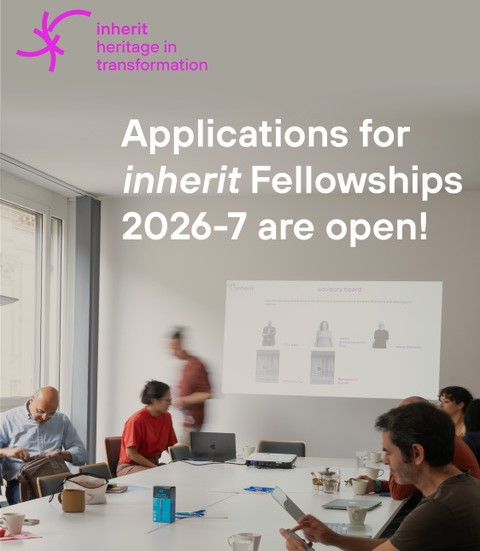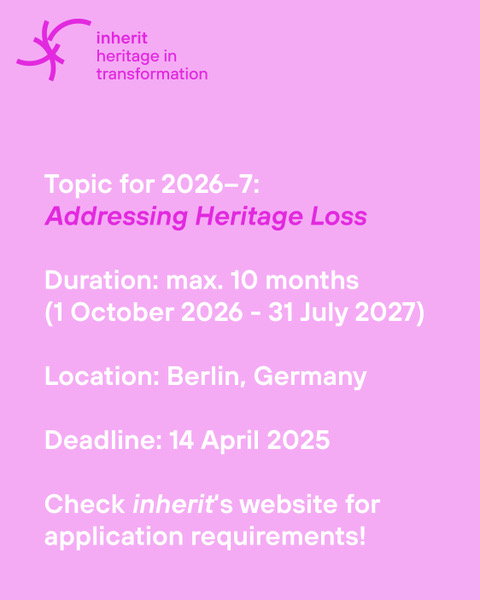A new Seed Funding program has been established by the Office for Knowledge Exchange with Society to support transdisciplinary seminars in the Object Lab. Financial help and advice is given to shape research questions and coursework in cooperation with society.
The programme in the summer term 2025 focuses on the engagement with archives, collections, media and art works as carriers of historical, political and aesthetic meanings, as well as questions on showing and concealing. Through research-based, curatorial and artistic approaches, the seminars experiment with practices of visualisation, erasure, transformation and rethinking.
“Censorship and the public. On the material culture of image- and speech bans”
Dr. Katja Müller-Helle (The Technical Image, Department of Art and Visual History) and Dr. Alia Rayyan (Theory and Practice of Curating, Centre for Cultural Techniques)
This practice-oriented exercise takes a historical and systematic look at the concepts of the public and censorship and at the specific material practices of their context-dependent realisation: blurring effects, black bars, fading and overpainting reach deep into the history of debates on content regulation and are at the same time highly up-to-date and in constant transformation. The art space occupies a special position with regard to the handling, framing or expansion of what can be said and shown: it can be understood as a field of experimentation through which practices of censorship are avoided, expanded, overwritten or even demanded. Hengame Hosseini, an artist from Tehran whose work emerges from lived experience within Iran’s sociopolitical landscape, will co-lead the seminar. Drawing on her position as a witness and engaged observer, she will share reflections on public space, visibility, and the visual language of resistance—as seen, for example, during the Women, Life, Freedom movement, where the streets became a canvas for an ongoing dialogue between suppression and expression. (Seminar in German)
„Archiving Werkstatt der Kulturen: (Post)Migrant Histories in Berlin Arts“
Dr. Habiba Hakimuddin Insaf (Department of Art and Visual History) and Juana Awad (inherit.heritage in transformation)
The Werkstatt der Kulturen (WdK) in Berlin operated from 1993 to 2019 as the city’s only state-funded institution dedicated to showcasing art and culture by migrant communities and communities of Colour. In formats including festivals, concerts, screenings, workshops, and transnational collaborations, it offered a platform for artistic experimentation to individuals and groups that had been largely excluded from other state-supported cultural spaces in the city. After its closure by the Berlin Senate, the WdK left behind its archival material, now comprising over 180 boxes of official correspondence, photographs, videos or flyers, documenting the work of thirty years of (post)migrant arts and culture presentation in the city. This course examines the materials left behind by the WdK, collaborating with the custodian of the archival collection, the Migrationsrat Berlin e.V. as a local societal actor. By asking key questions on notions of archiving and presenting, participants construct an inventory of the archival collection, and research and curate examples for public presentation in the form of a virtual exhibition. (Seminar in German and English)
“Overloaded! Inter-imperial Entanglements of Material and Photographic Collections in Berlin and Vienna” (Café Interimperial)
Prof. Dr. Magdalena Buchczyk (Department of European Ethnology), Dr. Hanin Hannouch (Weltmuseum Wien) and Anna Szöke (Ethnologisches Museum/Asian Art Museum)
Café Interimperial is a public student-led event designed as part of the MA seminar Overloaded! Inter-imperial Entanglements of Material and Photographic Collections in Berlin and Vienna at the Institute for European Ethnology. As part of this project, students collaborate with the Weltmuseum Wien and the Ethnologisches Museum Berlin to trace the inter-imperial relations that shape collections of photography and material culture across both cities. The public event Café Interimperial transforms the Object Lab into a pop-up space for conversation and research-in-progress. The event invites scholars and members of the public to interact with students’ work and engage in a meaningful dialogue about the layered histories that continue to shape the present. (Seminar in German and English)
“Meet the Sponges: Curating Dark Ecology, Deep Immersion, Shifting Senses and Other Retionality”
Felix Sattler (Curator of the Tieranatomisches Theater, Centre for Cultural Techniques)
MEET THE SPONGES explores theories and practices of accessing and queering material heritage in collections, examines transversal curating and dvelves into artistic and indigenous research methodologies. In exchange with academic and societal actors students prepare curatorial concepts and sections for an exhibition. This includes presenting and/or performing artifacts, written and oral history, and works of art, while developing a concise curatorial narrative and dramaturgy. The seminar works with the so called deep sea cabinet, containing of microscopic preparations of glass sponges from the HU Zoological Teaching collection, gathered within the Valdivia deep sea expedition (1898–99). The project’s co-creators experiment with establishing new relational aesthetics and ethics between deep-sea lifeforms and humans. (Seminar in Englisch)
“Course of the Menzel-Dachs with Matt Saunders: Remediations”
Dr. Jakob Schillinger (Menzel-Dach, Department of Art and Visual History) and Matt Saunders (Art, Film and Visual Studies, Harvard University)
Departing from Matt Saunders’ own artistic practice, this practice-oriented course examines processes of remediation and transfer between different media. Grounded in painting, Saunders’ work makes porous and provocative relationships with other forms, especially photography, printmaking and installations of animated films. Connecting different techniques, the course will involve off-site collaboration with lithographer Ulrich Kühle in Berlin. This idea of maker-centred learning and teaching is a shared interest and approach of Matt Saunders, the Centre for Cultural Techniques and the Menzel-Dach, which will soon reopen as a site for research and teaching that explores artistic practice. (Seminar in English)
Contact:
If you have any questions, please contact
Xenia Muth
Leonie Kubigsteltig
Office for Knowledge Exchange with Society
Phone: +49(0)30 2093-12892 | -12881
Email: wissensaustausch.hzk@hu-berlin.de
